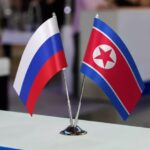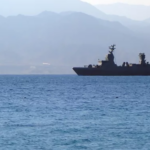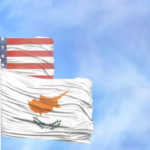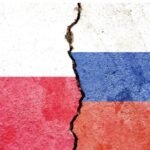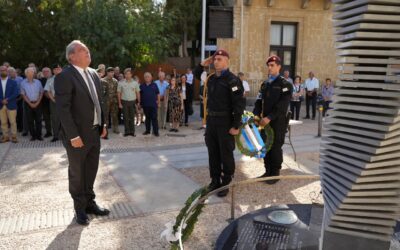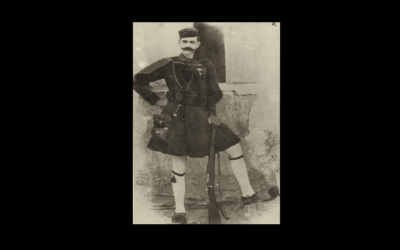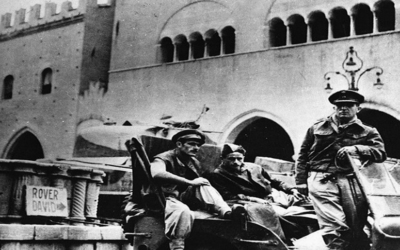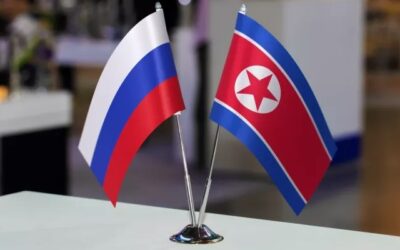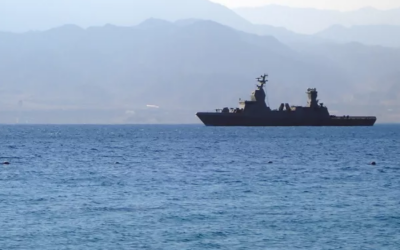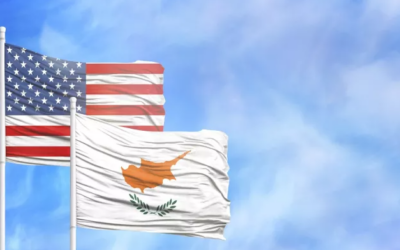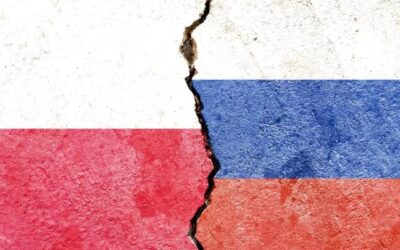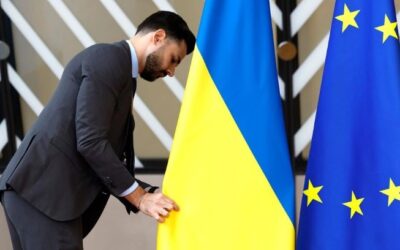The Minister of Defence of the Republic of Cyprus, Mr. Vassilis Palmas, attended the annual commemoration of the fallen of the 3rd…
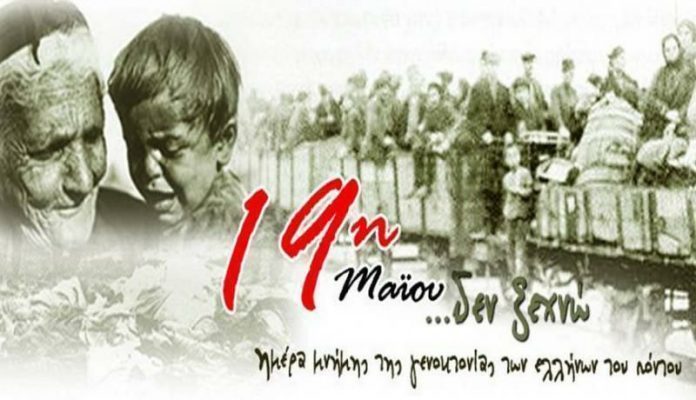
The Genocide of Pontic Hellenism refers to the violent, massive, murderous events of the second and early third decades of the 20th century, which occurred in the then-collapsing Ottoman Empire, until the creation of the modern Turkish state. The said events resulted in the natural annihilation, extermination, displacement, and uprooting of hundreds of thousands of Pontic Greeks from their ancestral homes.
The Hellenic Parliament, on February 24, 1994, officially recognized the Pontic Genocide by the Turkish state and voted unanimously to designate May 19 as the Day of Remembrance of the Pontic Greek Genocide by law 2193/1994.
Following the proposal of the then Prime Minister Andreas Papandreou, the Hellenic Parliament recognized the genocide in 1994 and voted to declare May 19 as “Remembrance Day for the Genocide of the Greeks in the Asia Minor Sea”. In 1998, the Parliament unanimously voted to declare September 14 as a “day of national remembrance of the Genocide of the Greeks of Asia Minor by the Turkish State”.
Apart from the Greek state, the persecution of Pontic Greeks is officially recognized as genocide by Cyprus, Armenia, Sweden, some federal republics of Russia, nine US states (Florida, Georgia, Massachusetts, New Jersey, New York, Pennsylvania, South Carolina, Rhode Island and – since 11/9/2019 – California, while there is a clear reference to – in some way recognition of – a genocide of Greeks by the state of Alabama), the parliament of the Australian states of South Australia and New South Wales, Austria (followed a few days later by the City of Vienna) and the Netherlands. In Canada, the cities of Ottawa and Toronto have recognized May 19 as a day of remembrance of the Pontic genocide.
The Pontic genocide has been defined and recognized by the International Association of Genocide Studies (IAGS) and by several international organizations and bodies, such as the European Democratic Students. Finally, resolutions of the US Senate refer to genocide against Greeks.
It is a day, not only of remembrance, but also of sorrow, for the souls of the 353,000 people who seek justice from the international community.
The Genocide of the Pontic Greeks by the movement of the Neoturks and the nationalists of Kemal during the period 1914-1923 resulted in the disappearance of the Greek communities from the area where they lived for three millennia.
The methods used for these acts of the Neoturks were displacement, exhaustion from exposure to hardship, torture, hunger and thirst, desert death marches, and often cold-blooded murders or executions. The number of victims, according to most Greek and some foreign sources, is estimated at over 300,000 (the Central Pontian Council in its Black Book mentions 353,000 victims).
However, there are other individual sources that refer to some 100 to 150 thousand victims. The survivors fled to Upper Pontus (in the USSR) and to Greece after the Asia Minor Disaster in 1922.
Also read: Remembrance Day of the Kalavrita Massacre
These events were triggered by the gradually increasing emergence and intensifying influence of Turkish nationalism in the multinational Ottoman Empire, which towards the end of the first decade of the previous century became the dominant ideology, assuming, through its political exponents, the power and control of the empire.
The assumption of power by the Neoturks in 1908 in Ottoman Thessaloniki is considered the beginning of the systematic and organized persecutions, exhausting marches of extermination, incarcerations in forced labor, looting, and violence, at the expense of all the Christian populations of the East.
As they point out, these atrocities were carried out in different times and places and in different phases, in the decade 1913-1923 and in warlike conditions, but also in peaceful intervals, in the Ottoman Empire.
The exact number of victims is difficult to calculate, due to the prevailing conditions. The historian Vlasis Agzidis states that throughout the Ottoman Empire, before the beginning of the persecutions, Greeks were about 2 to 2.2 million, while in the Pontus area, there were about 450,000. In the official census of 1928, 1.2 million were officially counted as refugees in Greece. It is estimated that the number of Greeks who perished in the period 1914-22, those whose fate is unknown, is 700,000-800,000, throughout the Ottoman Empire.
The official Turkish state, which succeeded the Ottoman Empire, denies that “genocide” was committed against the Christian minorities of the East in the last years of the empire’s existence.
The demand for the recognition of the Pontian genocide, according to scholars, either because of Greek-Turkish relations, or the ongoing scientific dialogue and documentation process, or both, was kept low for decades, until it gradually began to be raised by the refugee “Civil Society”, the survivors and their descendants, during the last decades of the 20th century.
Also read: The Cypriot Uprising of October 1931 against the British
READ MORE
120 years since the death of Pavlos Melas—The Hero of the Macedonian Struggle—Photos
The Armed Forces honor the memory of the ethnic martyr who gave his life for the liberation of Macedonia…
80 years since the Battle of Rimini – The Brigade that wrote golden pages of history
The “Rimini Brigade” wrote new pages of history for Greece, placing it in the camp of the winners. This success was linked to hope and…
Lebanon | The arms monopoly must be returned to the state, says Mikati
Prime Minister Najib Mikati told the Paris conference on Lebanon that the arms monopoly must be returned to the Lebanese state and army…
Russia | Ratification of the strategic partnership treaty with North Korea
The treaty for the overall strategic partnership with North Korea was voted unanimously by the Russian parliamentarians.
Iran – Saudi Arabia | They are planning the first joint military exercises in the Red Sea
Tehran and Riyadh plan to hold joint military exercises in the Red Sea, according to the Times of Israel. The two traditional Middle…
USA – Republic of Cyprus | Today the first strategic dialogue
The first Strategic Dialogue between the Republic of Cyprus and the USA is taking place today, Wednesday, October 23, 2024, in Nicosia.
Poland – Russia | Diplomatic crisis – Russian consulate in Poznań closes
Polish Foreign Minister Radoslav Sikorski accused Russia of hybrid warfare and acts of sabotage and announced…
Green light from the EU for the 35 billion euro loan to Ukraine
The European Parliament today gave the “green light” to the €35 billion macro-financial assistance loan to Ukraine, which will…









